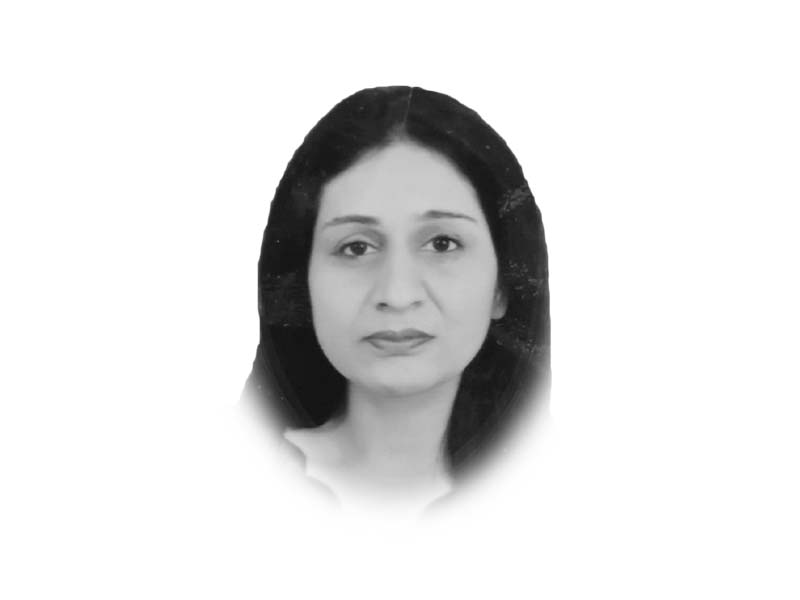
For the past decade or so, Pakistan has been experiencing smoggy, hazy and grey winters, especially in the Punjab region. Those bright, sunny afternoons and fresh, crisp morning air seem like a vision from the past. The winters are now cooler and drier than before. Last year, Pakistan experienced the coldest winters in 30 years. Apparently, rapid increase in population and the urge for development have been the primary cause for this change subsequently deteriorating air quality.
In November this year, Lahore topped the IQ Air Quality index (AQI) for the world’s most polluted cities. According to the index, Lahore presented a particulate matter (PM) rating of 423 whereas, New Delhi was second with a PM rating of 229.
According to IQ Air, a PM level of 50 is healthy, while Lahore’s AQI was seven times higher and was classified as ‘hazardous’. The IQ Air data further shows that not even a single city in Pakistan falls in the acceptable range for air quality. Even Islamabad, the green capital, reports a PM rating of 181.
But what is more alarming is that despite ranking second in the list of countries with the worst air quality, Pakistan’s concerned authorities particularly the Ministry for Climate Change (MOCC), seem indifferent. Although, it identified the cause of deteriorating air quality as emissions from brick kilns and factories and took quick measures, including closing down brick kilns and fining farmers for burning rice stubble in the winter. However, there was no check on the massive number of vehicles. Interestingly, according to Pakistan Bureau of Statistics (PBS), the registered number of vehicles in the country was 24 million in 2018.
According to environmental experts and WHO, the primary cause of smog and poor air quality in cities, remains years-long pollution caused by the transport sector and industries,. The emissions and soot from vehicles, like unburnt carbon particles and hydrocarbons, remain suspended in the atmosphere, especially in cold weather to form smog.
With increasing urbanisation, there is a heavy influx of people towards major cities burdening the limited resource capacity. Moreover, owning a personal vehicle, no matter how old or damaged is a matter of need and status. Consequently, we see an increased number of un-tuned vehicles on the roads.
In order to support this increase in traffic, our cities have become more transport-friendly than people-friendly. Roads have been widened and made signal-free to ease traffic, while footpaths have been removed to facilitate parking. There is hardly any kind of public transport system in place.
In Lahore, the metro bus system or Orange train provide a second choice, but the majority of commuters prefer their personal transport. Public transport is seemingly left for lower income groups.
The current state of air quality presents a bleak picture for the whole country. There is a dire need to control vehicular emission by taking strict measures. Cleaner fuel technology or introduction of electric vehicles may seem like an optimum solution but it will not reduce the number of cars on the roads.
A whole new transport management system needs to be introduced urgently, which should focus on establishing and encouraging a sound public transport systems at national level; discouraging commute on personal vehicles; ensuring all registered vehicles are tuned and adjusted as a compulsory requirement; all workplaces be encouraged to arrange their own car-pooling service; offices and banks be allowed limited parking space; parking tickets be introduced in all major shopping and recreational areas; the number of motorcycles be limited; walking streets, footpaths, pedestrian and cycle tracks should be re-introduced.
It may seem far-reaching but our personal transportation choices have a huge impact on the air we breathe and we need to take care of our environment.
Published in The Express Tribune, December 21st, 2020.
Like Opinion & Editorial on Facebook, follow @ETOpEd on Twitter to receive all updates on all our daily pieces.

1719315628-0/BeFunky-collage-(8)1719315628-0-405x300.webp)


1731329418-0/BeFunky-collage-(39)1731329418-0-165x106.webp)








COMMENTS
Comments are moderated and generally will be posted if they are on-topic and not abusive.
For more information, please see our Comments FAQ